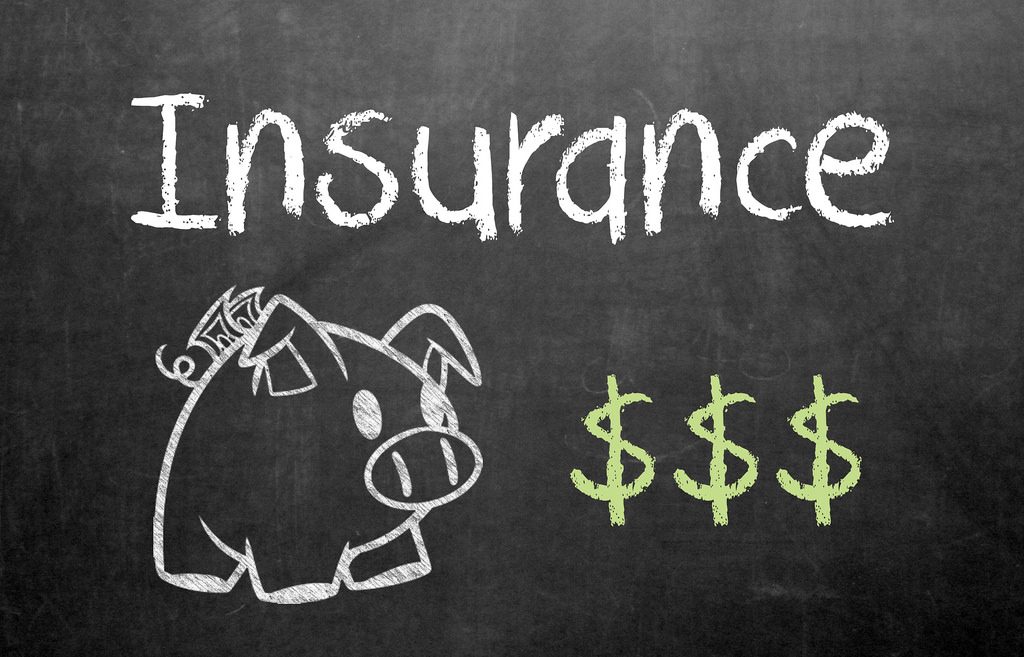I think it is safe to say that our healthcare system has some flaws. Wouldn’t it be nice to have a healthcare system that realized that everything in the body is connected? Unfortunately, there are no reasonable solutions for this in the near future. Therefore, it is important for you to take your health into your own hands and plan appropriately.

Patients will sometimes balk at treatment not covered by their dental insurance. Dentists will often hear, “Just do what my insurance covers. I don’t want anything extra.” In fact, a recent ADA poll showed that a lack of dental insurance was the #1 reason most patients gave for not visiting a dentist. Here are some frequent questions patients often ask about dental insurance.
Why doesn’t my insurance cover all of the costs for my dental treatment?
Dental insurance isn’t really insurance (defined as a payment to cover the cost of a loss) at all. It is a monetary benefit, typically provided by an employer, to help their employees pay for routine dental treatment. “Dental Insurance” is only designed to cover a portion of the total cost.
But my plan says that my exams and other procedures are covered at 100%.
That 100 percent is usually what the insurance carrier allows as payment towards a procedure, not what your dentist may actually charge. Dentist’s fees are usually a reflection of the level and quality of care in a particular office. Some cost more, some cost less, depending on the costs of running their office, how much they pay their staff, the materials they use, etc. An employer usually selects a plan with a list of payments that corresponds to its desired premium cost per month. Therefore, there usually will be a portion not covered by your benefit plan.
If I always have to pay out-of-pocket, what good is my insurance?
Look at medical insurance. Many people have been forced into high deductible plans ($2000 or more). Most dental plan deductibles are $50. While dental insurance is far from ideal, any amount that reduces your out-of-pocket expense helps.
Why is there an annual maximum on what my plan will pay?
Although most maximum amounts have not changed in 30+ years, a maximum limit is your insurance carrier’s way of controlling payments. Dental plans are different from medical plans, in that dentistry is needed frequently. Medical emergencies are rare. It is your dentist’s responsibility to recommend treatment based on diagnosis and treatment planning of what is appropriate for your dental health, not necessarily what your dental plan covers.
If my insurance won’t pay for this treatment, why should I have it done?
It is a mistake to let your benefits be your sole consideration when you make decisions about dental treatment. People who have lost their teeth often say that they would pay any amount of money to get them back. Your smile, facial attractiveness, ability to chew and enjoy food, and general sense of well-being are dependent on your teeth.
Other than complaining to your dental insurance company or your Employee Benefits Coordinator, your best defense is to budget for dental care. First, find a provider based on a personal fit for you. That is the single most important thing you can do. If that office can’t work with you financially then I would find another office.
Dr. St. Clair maintains a private dental practice in Rowley and Newburyport dedicated to health-centered family dentistry. If there are certain topics you would like to see written about or questions you have please email them to him at jpstclair@stclairdmd.com. You can view all previously written columns at www.jpeterstclairdentistry.com/blog.
